توضیحات
Synonym: White Vaseline; White Protopet; Vasoliment; Vaseline; Ultima White; Saxoline; Snow White; Petroleum Jelly; Protopet, White; Mineral Jelly, Mineral Fat, Mineral Wax; Paraffin Jelly Chemical Name: Petroleum Jelly White.
Features and Advantages:
Relieve dry skin: including your lips and eyelids. Dry skin can flake, itch, crack and even bleed. Since ointments are more
effective and less irritating than lotions, consider applying petroleum jelly to dry skin, including your lips and eyelids.
Help injured skin heal: For minor wounds such as cuts, scrapes, and scratches, use petroleum jelly to keep the wound
moist. This helps prevent the wound from drying out and forming a scab, as scabs take longer to heal.
Prevent chafing: Chafing is a painful skin irritation that occurs when body parts rub together or rub against clothing.
Treat diaper rash: The best way to prevent diaper rash is to keep your baby’s skin as dry and clean as possible. However,
if your baby does get a rash, apply petroleum jelly during each diaper change.
Rehydrate nails: If you frequently get manicures and pedicures, apply petroleum jelly to your nails and cuticles in
between polishes. This will minimize brittleness and help prevent your nails from chipping.




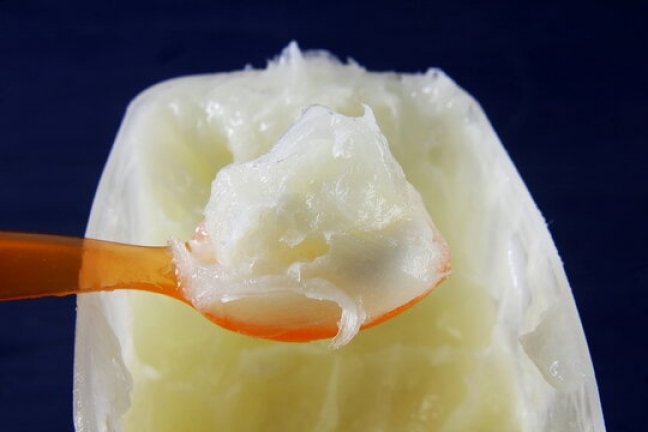
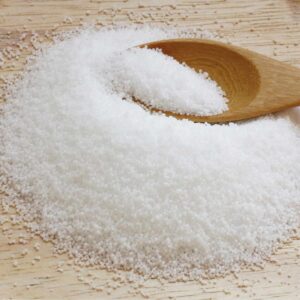
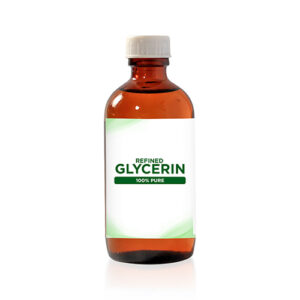
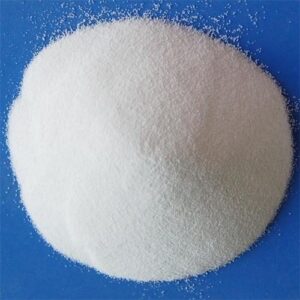
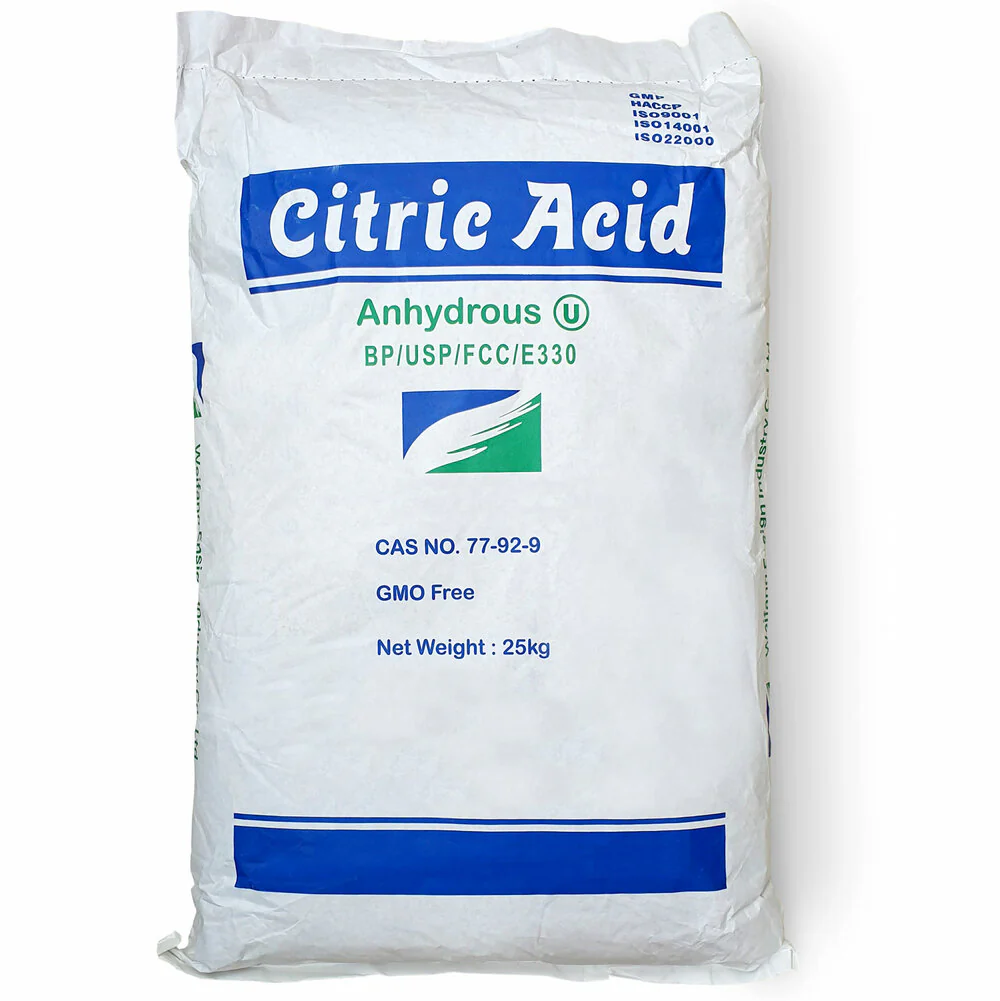
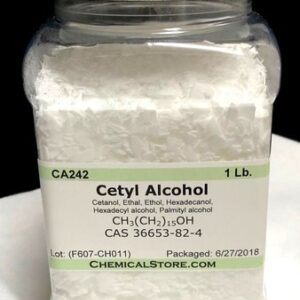
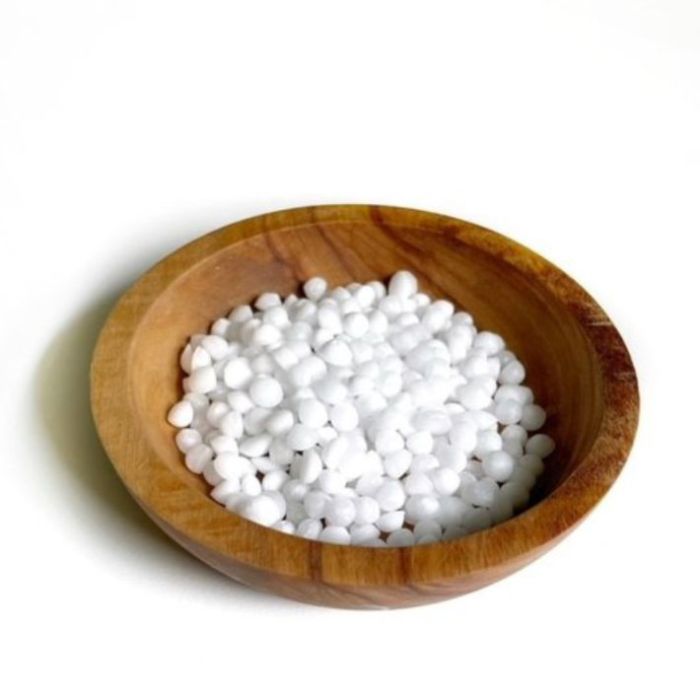
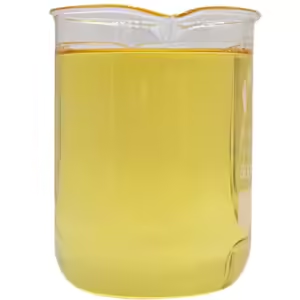
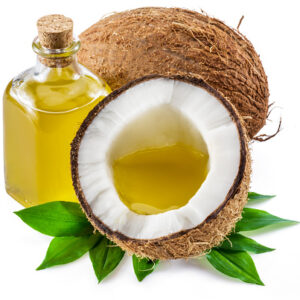
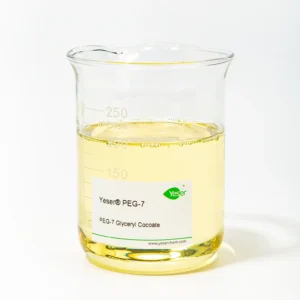
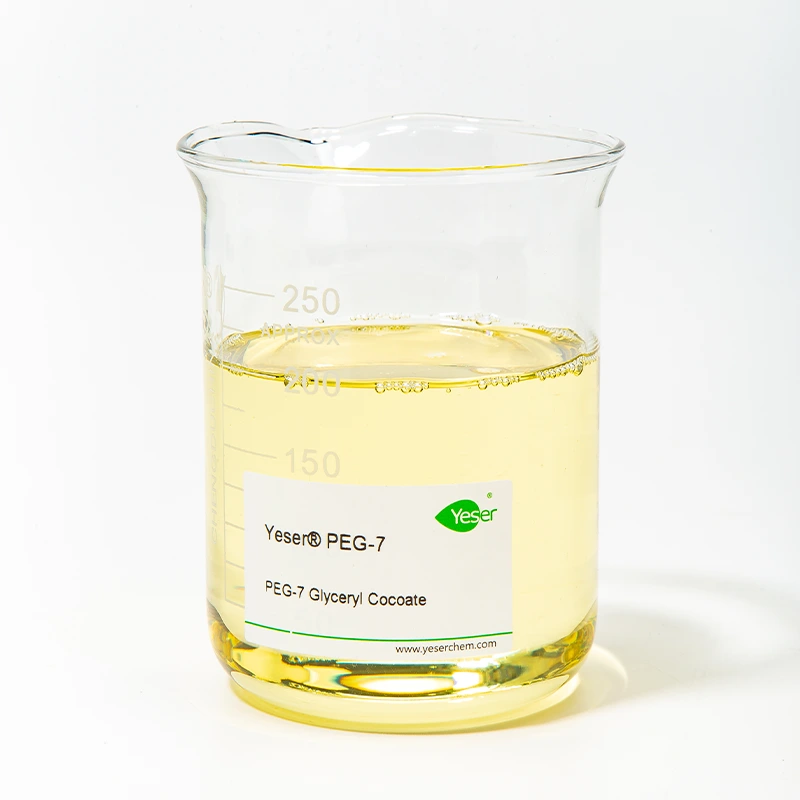
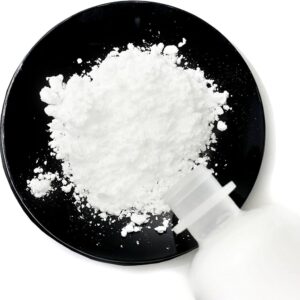
نقد و بررسیها
هنوز بررسیای ثبت نشده است.